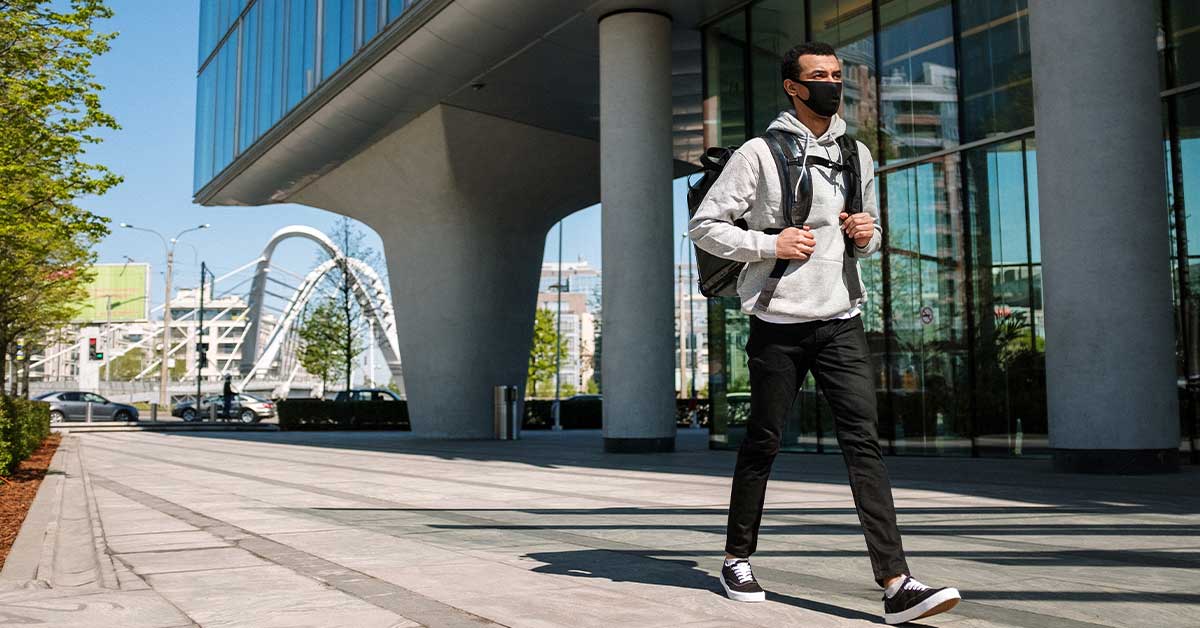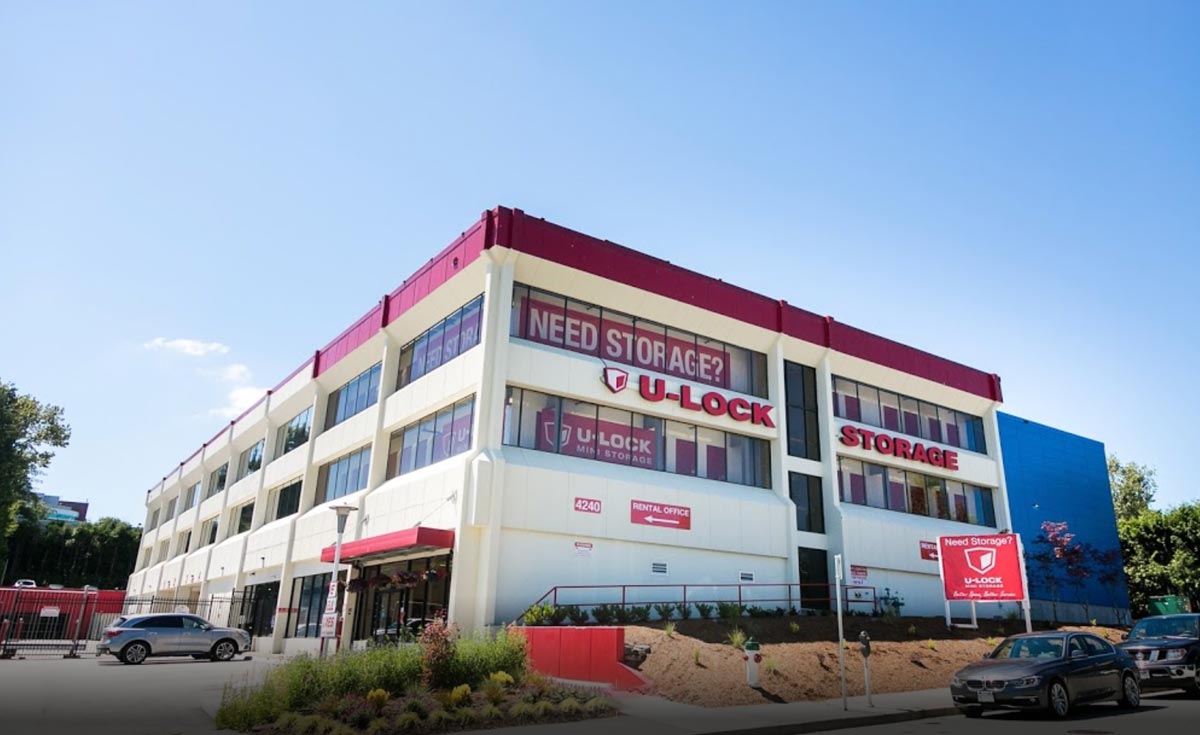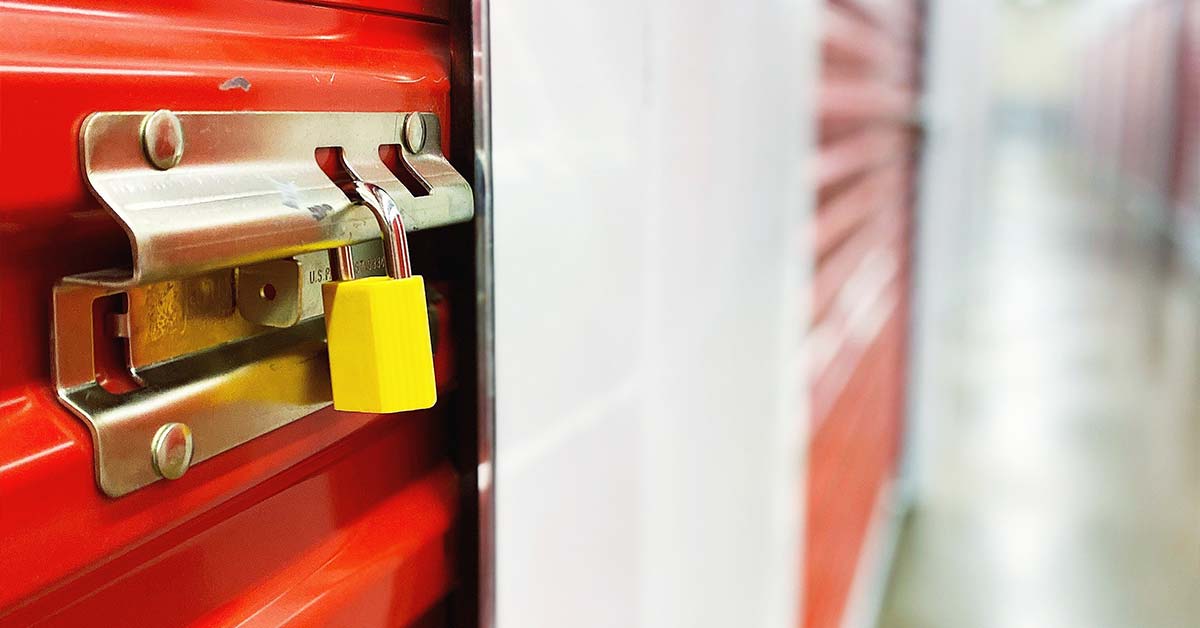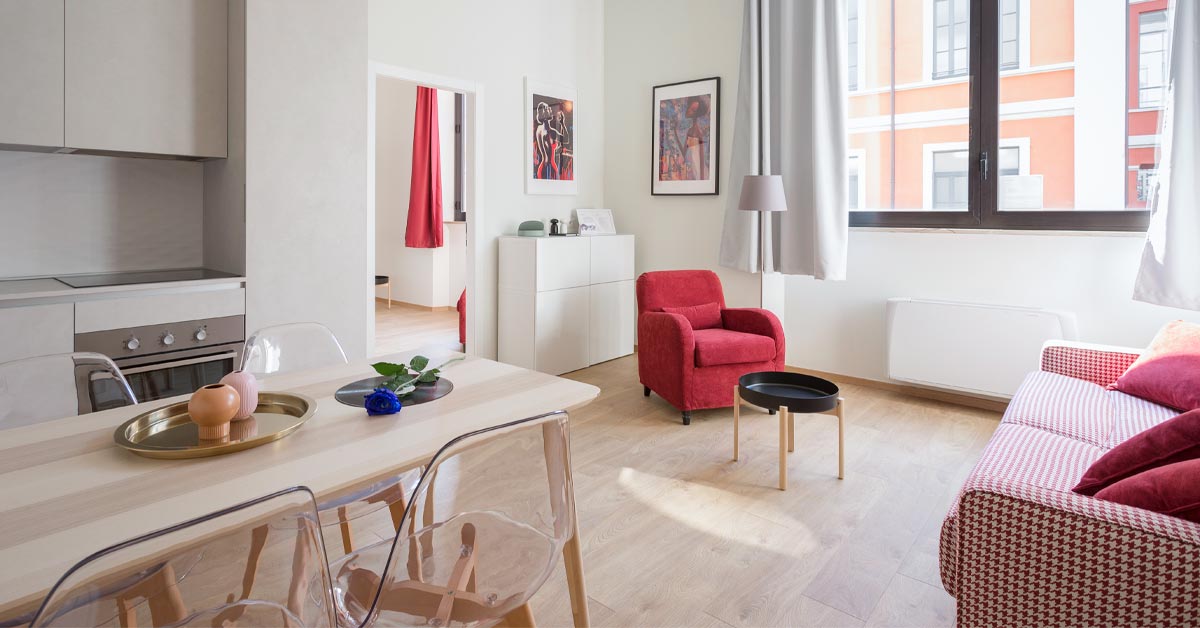With summer quickly approaching, college students are preparing to pack up their dorm rooms. The problem: driving a car’s worth of household items to their parent’s home. It is just not feasible. So what can a college student do?
Thankfully, summer storage for college students is affordable and easy to find. In fact, renting a self-storage unit for the summer is an especially cost-efficient way for college students to store all of their dorm room and apartment belongings. Below, we have included a guide to summer storage for college students, as well as a list of self-storage facilities to check out this summer. Best of luck and happy moving!
Why Do College Students Need Summer Storage?
Storage units typically provide the perfect amount of storage space for dorm room and apartment-size belongings.
Therefore, students are able to store their belongings near campus, making it easy to move in and out whenever they wish. Instead of hauling their belongings home every summer, they can simply drop them off at a self-storage unit for safe-keeping during the summer months. Not only will this prevent students from temporarily junking up their parent’s garage, but it will also make their move off campus an overall smooth experience.
What Size Storage Unit Is Ideal for Students?
Most storage units are capable of holding at least one room of furniture. Students living in a two or three-bedroom apartment can also find storage units large enough to accommodate more furnishings. The majority of college students can get away with renting a 5×5 or a 5×10 feet storage unit. The 5×5 storage unit is capable of holding a love seat, boxes and home décor, while a 5×10 storage unit is capable of holding a sofa or twin bed, as well as décor and smaller furnishings.
Who Will Benefit the Most from Renting a Storage Unit?
Students who benefit the most from renting a storage unit during the summer are those that live far from home and/or are studying abroad during the summer or fall months. If this sounds like your situation, we highly recommend renting a self-storage unit while you are gone. Not only will renting a summer storage unit near campus make moving back home easier, but it will also save you from wasting countless hours packing and shipping your belongings across the country.
How Much Does Summer Storage for College Students Cost?
The cost of summer storage is typically based on the size of the storage unit needed, as well as the length of time rented. Most self-storage facilities offer contracts on a month-to-month basis and the price of renting a storage unit ranges anywhere from $12 a month to $100 a month or more. However, many storage facilities offer special student discounts to college students.
Where Can I Book a Moving Company?
You can find a great selection of moving companies in Greater Vancouver and Vancouver Island by performing a quick Google search. You can find a quality, professional moving company, you can use the tips provided in our article, How to Select a Reputable Moving Company in Greater Vancouver.
Alternatively, you can rent a U-Haul truck directly from U-Lock Mini Storage if you would like to move your belongings yourself. To learn about our U-Haul rates, please contact a storage facility near you!










